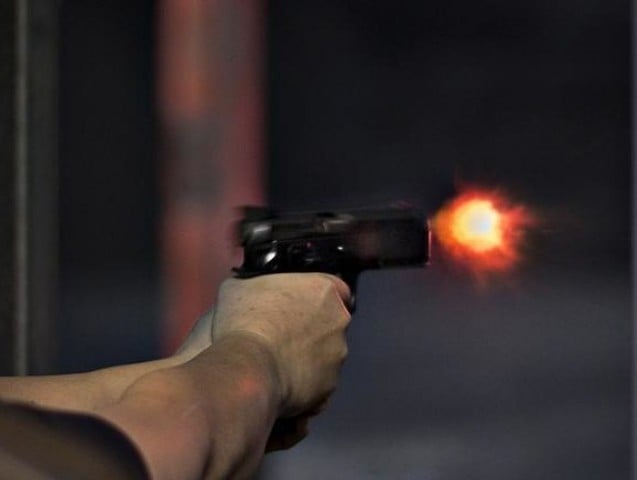Drake has expanded his defamation case against Universal Music Group (UMG), claiming it promoted Kendrick Lamar’s track Not Like Us to harm his reputation. The amended complaint, filed on April 17 and reviewed by Variety, builds on Drake’s original January lawsuit and now spans 107 pages, referencing events that have occurred since the initial filing.
According to Drake’s legal team, Lamar’s Super Bowl Halftime Show performance — broadcast to more than 133 million viewers — was orchestrated to damage Drake’s public image. The complaint states that many viewers, including children, were introduced to the song for the first time during the performance. While Lamar omitted the word “pedophile” from the lyrics, Drake’s attorneys argue the overall message remained defamatory and that UMG knowingly supported the performance after the original suit had already been filed.
The amended suit also targets UMG’s backing of Not Like Us at the 2025 Grammy Awards, where the song won both song and record of the year. Drake’s team notes that the broadcast, watched by over 15 million people, included audience members singing along to the track, though the official Grammy YouTube page omitted the performance in its uploaded clip. They also cite UMG CEO Lucian Grainge’s high-five with Dr. Dre during the broadcast as further evidence of the label’s endorsement.
The updated complaint reiterates earlier claims that UMG allowed third parties to use bots to boost the song’s streaming numbers on Spotify. While the original filing referenced a livestream testimony, the revised version generalises the claim, stating UMG turned a blind eye to the alleged manipulation.
In a statement to Variety, Drake’s attorney Michael Gottlieb said the update “makes an already strong case stronger” and vowed to uncover evidence during discovery. In response, UMG dismissed the claims as “absurd,” accusing Drake of using “frivolous legal theatrics” to recover from losing a rap battle.
Drake initially filed the lawsuit in January, arguing that Not Like Us falsely branded him a predator and referenced imagery — including the song’s cover art showing his home marked like a sex offender registry — that led to trespassing incidents and a shooting. A hearing on UMG’s motion to dismiss the case is scheduled for June 30.



